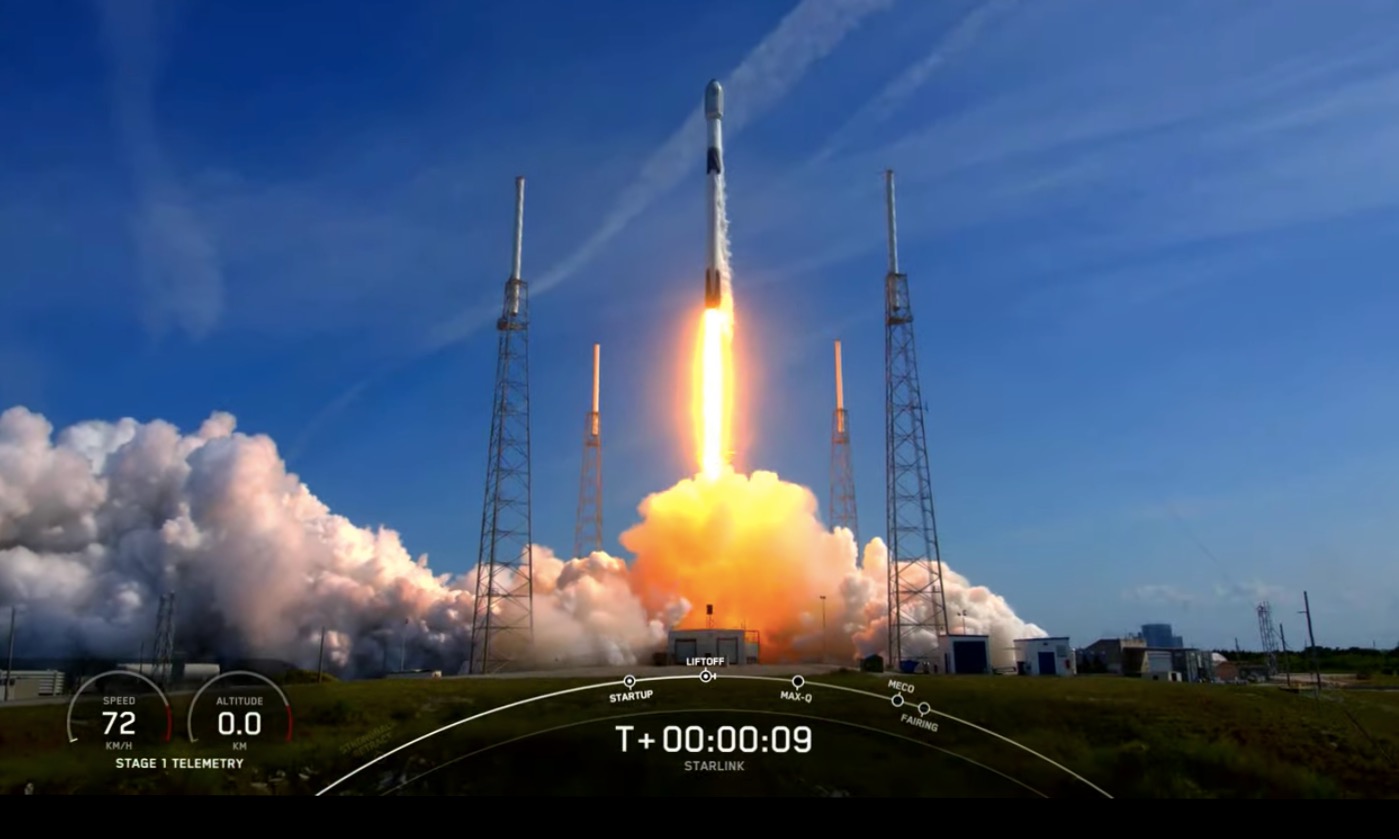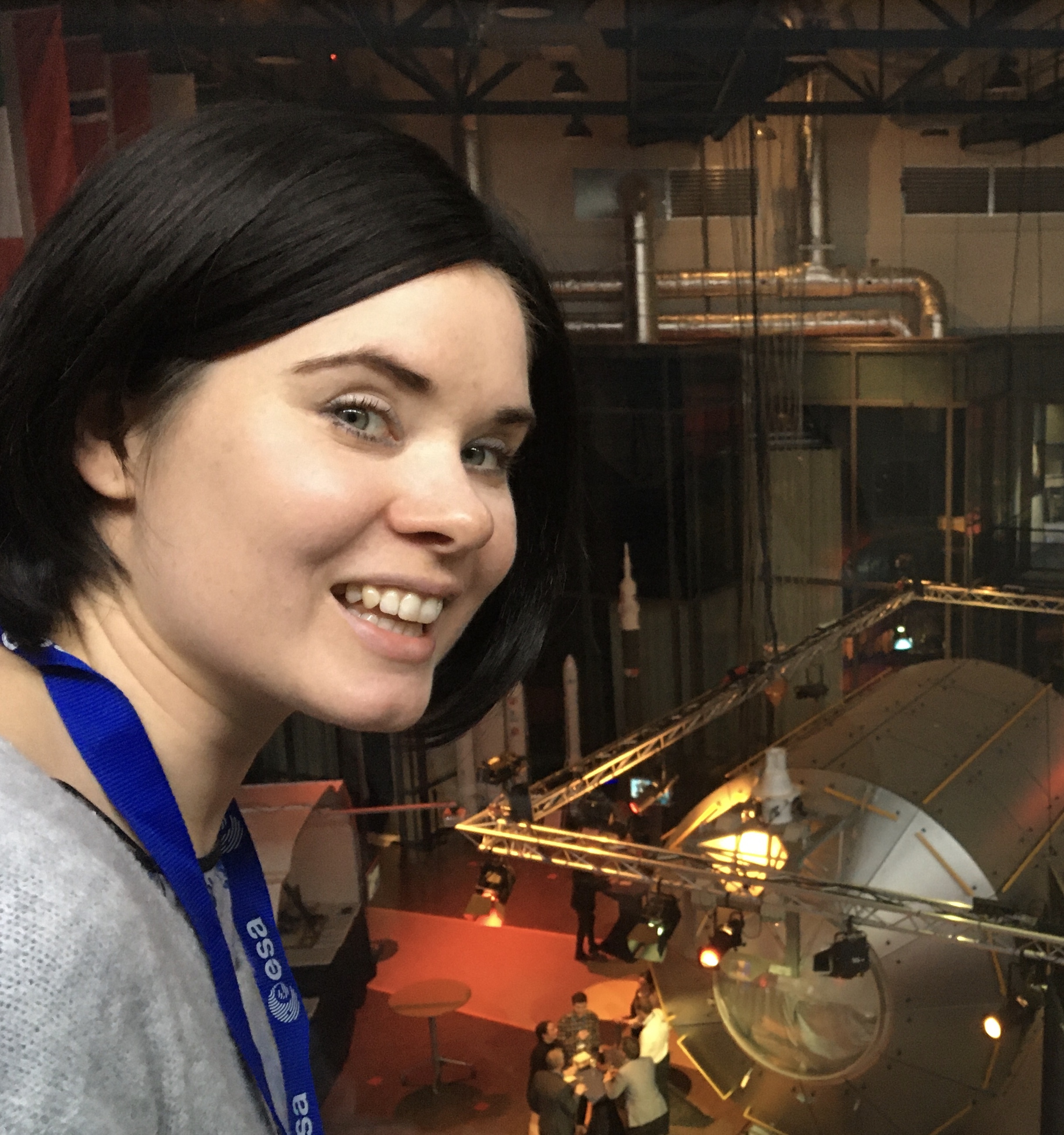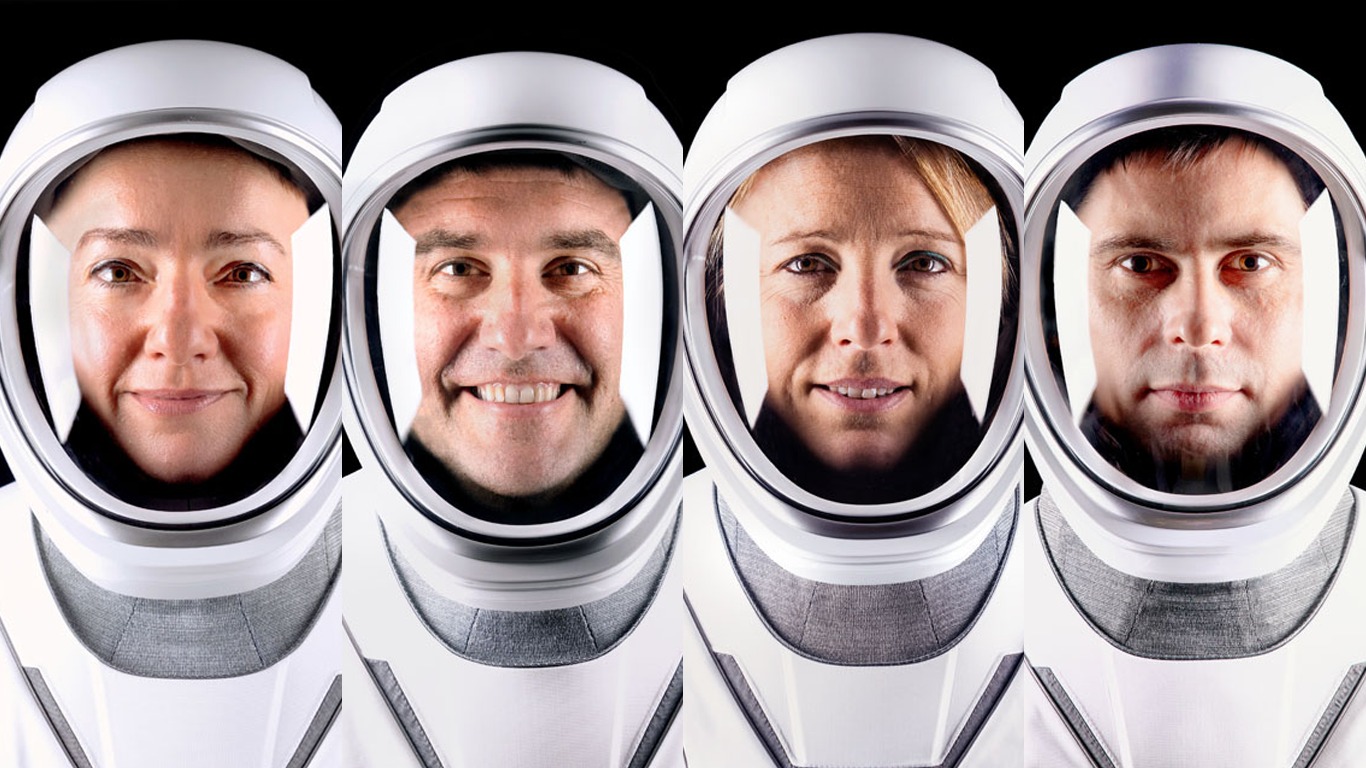Coming increase in rocket launches will damage ozone, alter climate, study finds
The study looked at the effects of a projected increase in rocket launches.

The projected growth in the number of rocket launches expected in the next few decades will have a detrimental effect on Earth's climate and the planet's protective ozone layer, a new study has found.
The study, led by researchers from the U.S. National Oceanic and Atmospheric Administration (NOAA), focused on the impact of fossil-fuel burning rockets, such as SpaceX's Falcon 9.
So far, the environmental impacts of rocket launches have been largely overlooked. Many experts have claimed that the amount of pollution generated by space missions is negligible compared to other sources of pollution. For example, within one year, the aviation industry alone burns about 100 times more fuel than all rockets launched around the world, according to experts.
Related: The environmental impact of rocket launches: The 'dirty' and the 'green'
However, the ratio might soon change as the number of rocket launches, which has more than tripled in the past decade, keeps growing in the years to come.
The study analyzed the consequences of a tenfold increase in rocket launches, which is in line with current predictions. The researchers were interested in the soot content in the exhaust of rockets burning fossil fuels. Currently, rockets inject about 1,000 tons of soot per year into the otherwise pristine upper layers of Earth's atmosphere. This pollutant accumulates at high altitudes over the years and absorbs heat, which can lead to the warming of those atmospheric layers.
The study found that a tenfold increase in the amount of soot injected into the stratosphere every year would after 50 years lead to an annual temperature increase in that layer of 1 to 4 degrees Fahrenheit (0.5 to 2 degrees Celsius). The stratosphere is the layer of the atmosphere just above the lowest troposphere. The study found that the projected warming would slow down subtropical jet streams, bands of strong wind circling the planet at the lower edge of the stratosphere that influence the African and Indian summer monsoons.
Breaking space news, the latest updates on rocket launches, skywatching events and more!
Warmer temperatures in the stratosphere would also degrade the protective ozone layer, which blocks harmful ultraviolet radiation from the sun from reaching the planet's surface.
The researchers found that the tenfold increase in concentrations of soot in the stratosphere would especially affect ozone concentrations in the Northern Hemisphere, particularly locations at least from 30 degrees north of the equator.
"We need to learn more about the potential impact of hydrocarbon-burning engines on the stratosphere and on the climate at the surface of Earth," Christopher Maloney, a research scientist at NOAA’s Chemical Sciences Laboratory and lead author of the study, said in a statement. "With further research, we should be able to better understand the relative impacts of different rocket types on climate and ozone."
Scientists knew previously that solid rocket engines, such as those used by NASA's now retired space shuttle, damage ozone, as their exhaust contains chlorine, a known ozone-killer.
Even though rockets running on fossil fuels are still the most common today, new technologies are already in use or being developed that seem to have a lower environmental impact. For example, the combination of liquid oxygen and liquid hydrogen, which is used in Blue Origin's New Shepard suborbital rocket, emits only water vapor. Also, the combination of liquid oxygen and methane, if burned efficiently, generates very little pollution, according to experts.
The study was published in the Journal of Geophysical Research Atmospheres on June 1.
Follow Tereza Pultarova on Twitter @TerezaPultarova. Follow us on Twitter @Spacedotcom and on Facebook.

Tereza is a London-based science and technology journalist, aspiring fiction writer and amateur gymnast. She worked as a reporter at the Engineering and Technology magazine, freelanced for a range of publications including Live Science, Space.com, Professional Engineering, Via Satellite and Space News and served as a maternity cover science editor at the European Space Agency.
